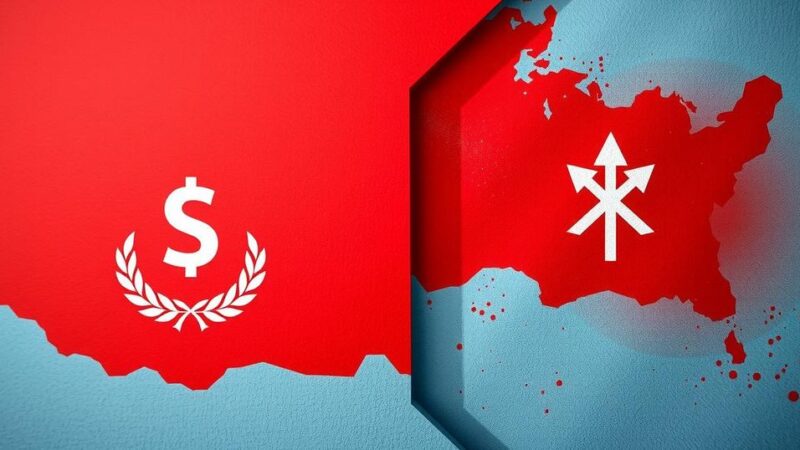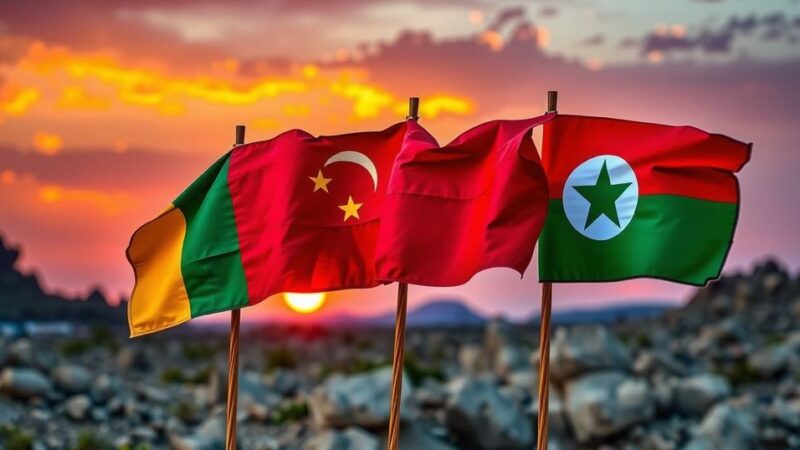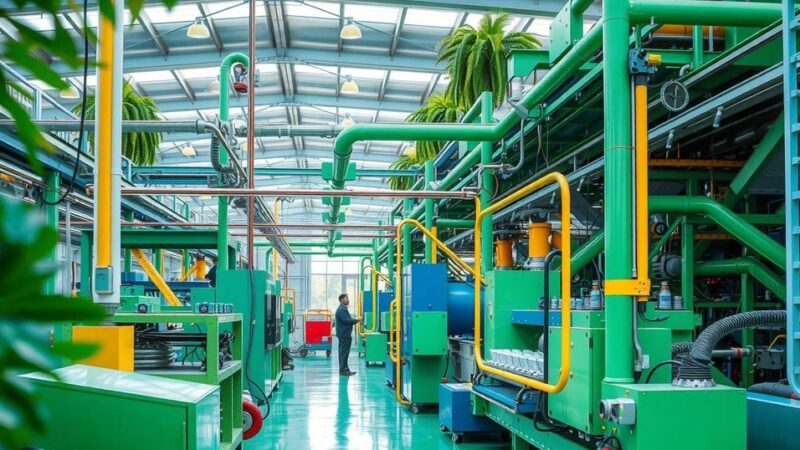Apple has denied allegations of utilizing conflict minerals in its products and has informed suppliers to stop purchasing such materials from the DRC and Rwanda. This action follows a criminal complaint accusing the company of involvement in the conflict minerals trade, prompting a focus on ethical sourcing amid geopolitical tensions.
Apple Inc. has vehemently denied claims that it utilizes conflict minerals in its products. The company announced it had instructed its suppliers to cease the acquisition of specific minerals sourced from the Democratic Republic of Congo (DRC) and Rwanda, namely tin, tantalum, tungsten, and gold. This directive was issued earlier in the year amid rising tensions and conflict in the region. The statement from Apple comes in light of a criminal complaint filed in France and Belgium, asserting that Apple is implicated in the use of conflict minerals filtered through global supply chains.
Conflict minerals, which include tin, tantalum, tungsten, and gold, are often sourced from regions experiencing significant violence and human rights abuses, notably in the DRC and surrounding areas. These minerals are frequently used in various electronic devices. Apple has been under scrutiny due to its complex supply chain, which ties back to allegations of human rights violations linked to the mining industry. As awareness grows about corporate responsibility, companies like Apple face increased pressure to ensure ethical sourcing practices.
In summary, Apple has taken proactive measures by advising its suppliers against sourcing minerals from conflict-affected regions, thus reaffirming its commitment to ethical supply chain practices. The company remains focused on addressing allegations regarding its sourcing practices and is actively taking steps to enhance transparency and accountability within its operations. As the situation develops, Apple will likely continue to respond to inquiries and concerns regarding its mineral sourcing policies.
Original Source: www.mining.com





